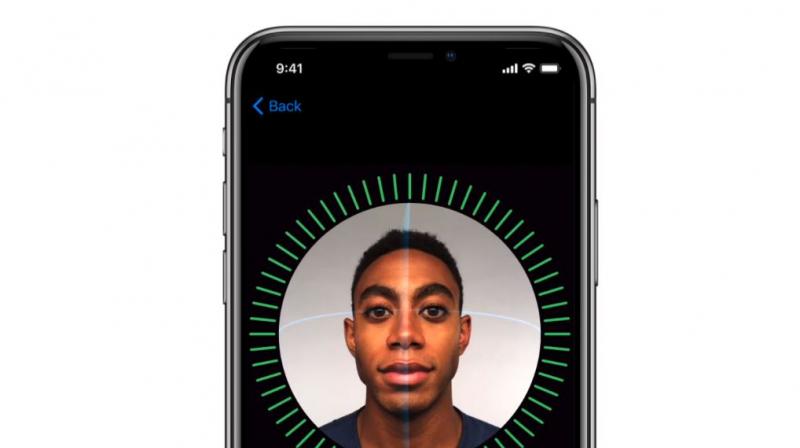3D facial recognition Android phone likely to come in 3Q18
A research claims that Samsung is likely to join the club in 2019.

Apple had implemented world's first 3D sensing facial recognition technology on its iPhone X late 2017. Named FaceID, this authentication has created a new and more secure system for the users concerned about their devices. However, Android still seems to be struggling to implement to the OEMs available in the market. A new research suggests that Android phone manufacturers are most unlikely to launch 3D sensing models until the third quarter this year.
Digitimes Research suggests that this delay is due to an inadequate ability to integrate the required hardware and software for 3D sensing solution providers. The research states the current 3D sensing module is collectively developed by Qualcomm, Himax Technologies and Truly Opto-electronics, which is considered to be the most advanced 3D sensing solution currently available in the market. The research also suggests except for the Xiaomi's technology, all other popular Android maker's Qualcomm's Snapdragon 845 CPU has limited the use of this new 3D sensing solution. Xiaomi, however, uses its own 3D module for its high-end models.
On the other hand, the report states that Samsung and Huawei are not willing to utilise Qualcomm's chips, instead develop their own 3D algorithms. This suggests that these two OEMs would not be the primary manufacturers to launch models with 3D sensing technology. Considering this Samsung is highly unlikely to launch this technology equipped smartphone until they start developing their own AI chips and acceleration units while controlling algorithms by itself. Therefore, Samsung wouldn't be launching this tech implemented smartphone until 2019.
Research also mentions that "Huawei has already gathered its internal laboratories, HiSilicon Technologies and third-party developers to develop related algorithms and other solutions to integrate hardware and software products, it has yet to incorporate 3D sensors into its latest flagship P20 series products."
The research also believes Xiaomi had formerly projected to launch a top-end model, rumoured to be the Xiaomi Mi 7, which was supposed to be powered by a Snapdragon 845 chip packed with a 3D sensing solution in the first half of 2018. However, the research concludes that this implementation is likely to be put on hold until the third quarter of 2018. This is because of the low success rate for facial recognition caused by slow adjustment processes of related software at Qualcomm.
(Source)
Click on Deccan Chronicle Technology and Science for the latest news and reviews. Follow us on Facebook, Twitter.

